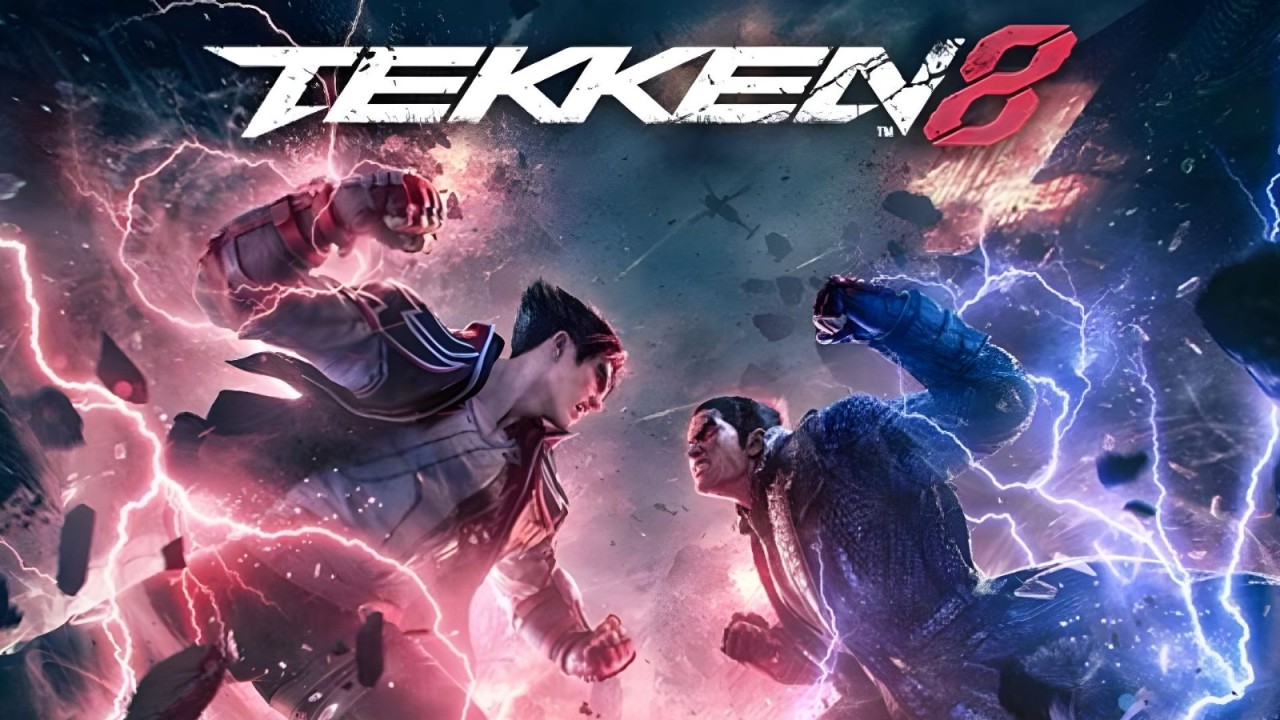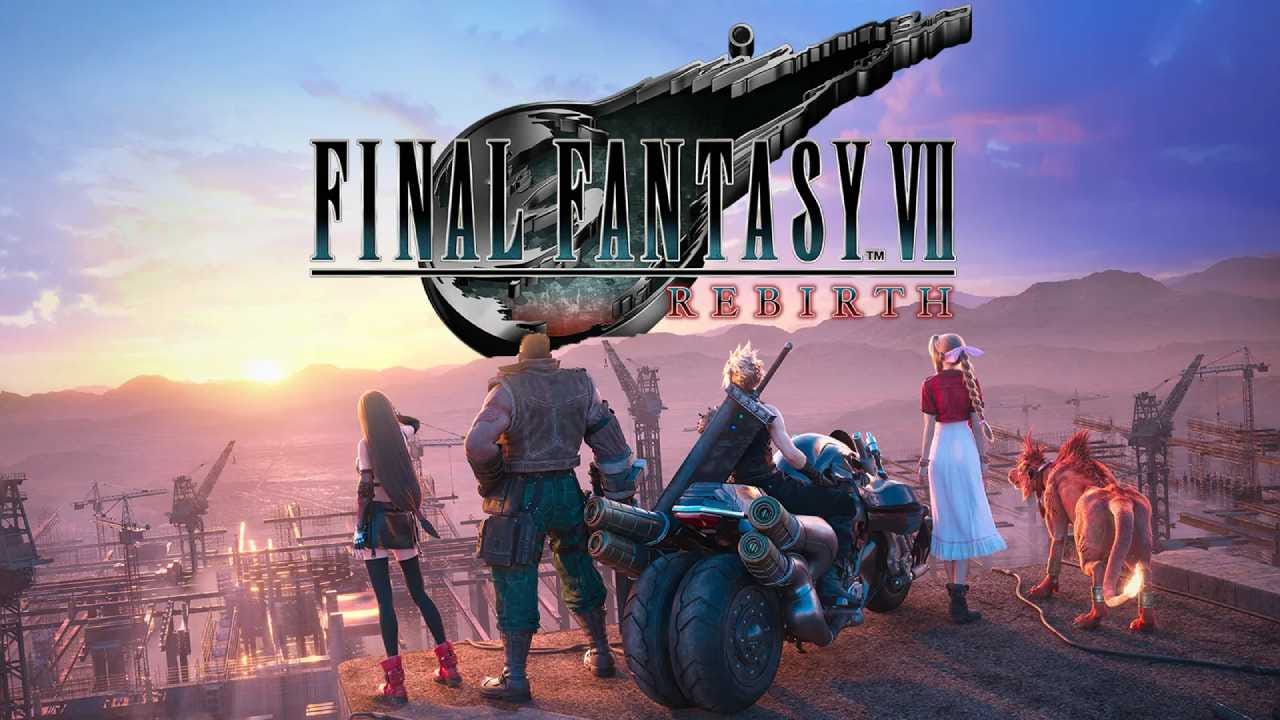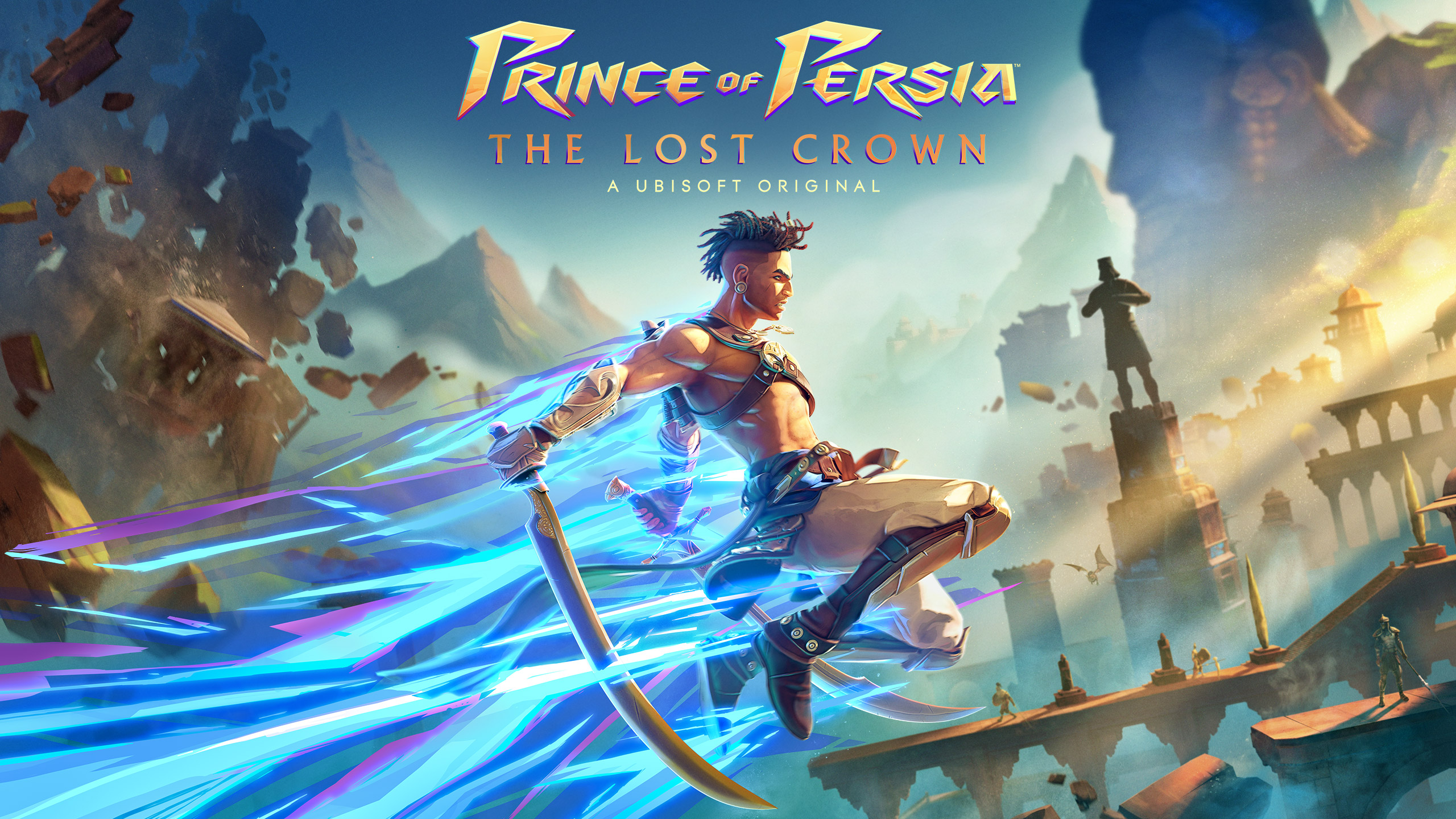In a realm where virtual fists fly and kicks whirl, the world of “Tekken 8” has recently become a battleground not just for its iconic characters, but for a heated debate over racial representation in gaming. Amid swirling controversies, Tekken series’ leader, Katsuhiro Harada, has thrown a counter-punch that’s as scorching as a Kazuya’s uppercut, addressing allegations of racism with a ferocity that mirrors his game’s action-packed essence.
The storm brewed over the exclusion of Tekken character Eddy Gordo, the Brazilian martial artist known for his electrifying Capoeira moves, from the initial Tekken 8 roster. A vocal segment of the gaming community, armed with tweets and speculation, accused the Tekken team of racial bias. They argued that this omission reflected a deeper, systemic neglect of black characters in the gaming world.
Enter Harada, the architect of the Tekken universe, not with a joystick but with words sharp as a Heihachi head-slap. In a response that could only be described as ‘classic Harada’, he dismissed the accuser as “delusional”, emphasizing the presence of black characters like Leroy and Raven who are ready to “kick your ass”. Harada’s response wasn’t just a defensive move; it was a statement underscoring the diversity and inclusivity that Tekken, a global gaming phenomenon, has always strived for.
Harada’s argument is layered, much like the intricate backstories of his game’s characters. He pointed out the absence of Japanese characters in popular American media, yet never feeling underrepresented, a subtle nudge towards a broader perspective on cultural representation. It’s not just about the characters you see, but the stories they tell and the players they inspire.
The Tekken creator’s stance isn’t one of stubborn defiance but of a visionary acknowledging the imperfections of his creation. He admits to past mistakes, learning from them, and aspiring to make Tekken a universe loved by a diverse audience. This humility and openness to growth are rare in an industry often criticized for its rigidity and lack of representation.
As Tekken 8 prepares to launch, it’s not just about the high-octane fights or the stunning graphics; it’s about a community grappling with representation in the virtual world. Harada’s response is a stark reminder that in the world of gaming, just like in the battles of the Iron Fist Tournament, every voice counts, every character matters, and the fight for inclusion is as real as the virtual punches thrown in the ring.
While some corners of the internet might have been temporarily pinned down by Harada’s fiery words, the broader discussion about diversity in gaming continues. Tekken 8, with its global roster and a legacy of cultural inclusivity, stands as a testament to this ongoing battle. The game launches soon, and with it, a new chapter in the ongoing saga of diversity in the virtual world. So, get ready for the next battle – it’s not just on screen, it’s in our conversations, our communities, and our collective quest for a gaming world as diverse as the real one.


